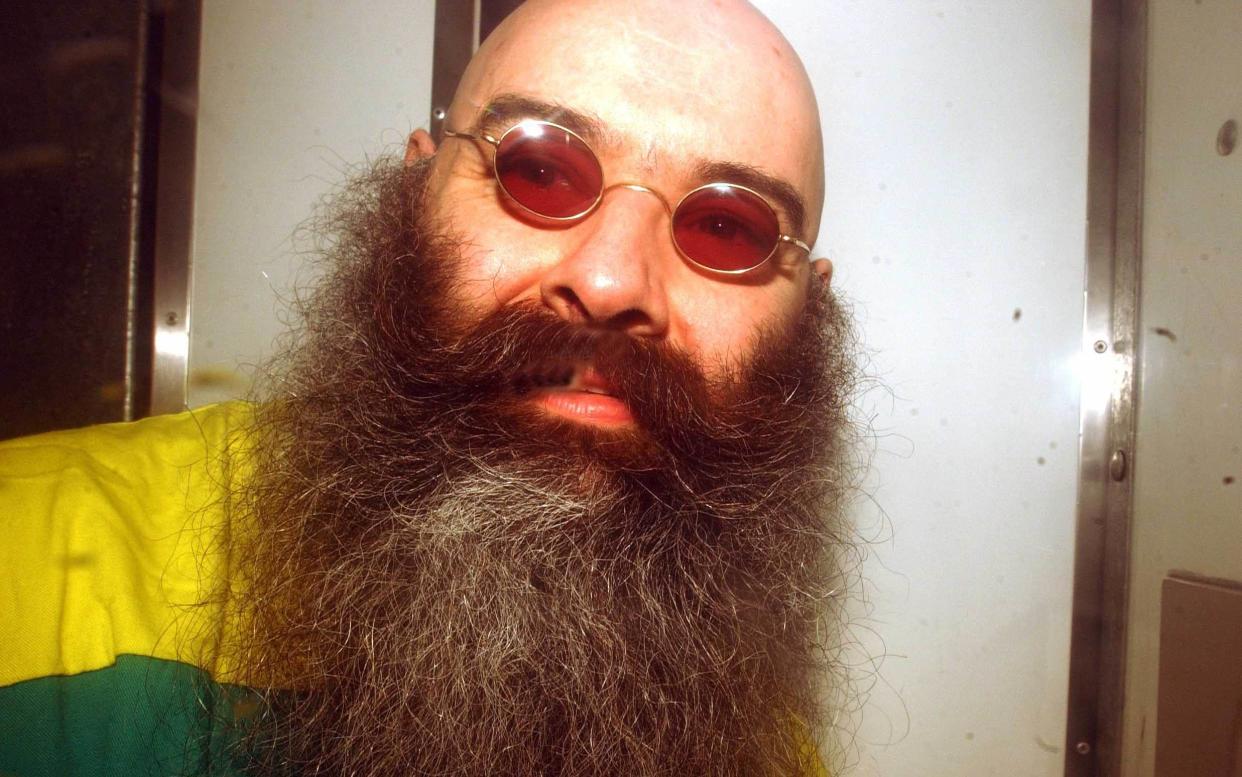Charles Bronson is first prisoner to ask for a public parole hearing

Charles Bronson, one of the country's most notorious convicts, has become the first prisoner to ask for a public parole hearing after the rules were changed.
Reforms which came into force on Thursday mean Parole Board hearings can be opened up to victims and the press as the Ministry of Justice wants to make the process more transparent.
The prisoners, government ministers and officials are also among those who can request that the case is not discussed behind closed doors.
Bronson, one of the UK's longest-serving inmates who has since changed his name to Salvador, was widely expected to request his latest parole hearing be heard in public, having previously said he wanted his to be the first to take place.
The Parole Board confirmed on Thursday it had received a request for Bronson's case to be heard in public and it will now be considered.
It is understood the application was made on his behalf.
Review may take place this year
A date has not yet been set for his next review, although it is thought this may take place later this year or early in 2023.
It is not known how long it will take for the Parole Board to decide whether the hearing can be held in public.
Bronson was given a seven-year sentence for armed robbery in 1974, but was returned to prison after his release after he was found plotting another offence.
He is serving a life sentence that he was given in 1999 after he held a visiting teacher hostage at knife point. Much of his time has been spent in solitary confinement.
Parole board boss could be sacked under new powers
The parole board’s boss could be sacked by ministers if it loses the confidence of the public under reforms unveiled on Thursday.
Dominic Raab, the Justice Secretary, announced ministers will get new powers to dismiss the chair of the parole board if decisions it takes undermine public confidence.
They will be part of a shake-up of the board’s role under the victims’ and prisoners’ bill that also gives the Secretary of State powers to block the release of the most dangerous criminals including murderers, rapists, terrorists and child killers.
Under the current laws, the chair of the parole board, a quasi judicial body independent of Government, has been appointed on three-year term and cannot be removed by ministers.
The only precedent was the resignation of Nick Hardwick as chair after high court judges overturned a parole board decision to release black cab rapist John Worboys. Mr Hardwick quit after David Gauke, then justice secretary, told him his position was untenable.
It represents a further move by the Government to constrain the parole board which has been criticised for decisions such as Worboys and more recently the release of double child killer and rapist Colin Pitchfork who had to be recalled to prison after breaching his licence.
Some within judicial circles fear the move calls into question the independence of the board but ministers believe it is necessary in the interests of public safety.
Mr Raab said: “It’s vital the public feel confident that the parole system is working efficiently to keep dangerous offenders off our streets.
“These reforms will provide ministers with the right levers to ensure the Parole Board continues to function properly, guaranteeing that public protection is at the centre of the system’s decision making.”
The new bill will also bar the parole board chair from sitting on panels where decisions are taken on the release of prisoners in an attempt to turn the role into a job more akin to a company chairman rather than a judicial arbiter on releases.
Ministers say this will enable the holder of the post to “concentrate on the day job” ensuring the board focuses on meeting the new demands placed on it by the proposed legislation. The changes will apply from October 2024 when the current chair steps down.
The bill will also lay down tighter criteria for releases that puts the emphasis on public safety first, toughens rules for transfers to open prison and allows the public and media to request parole hearings be held in public.
Two have been held in public so far under changes introduced by the board including the notorious Charles Bronson where the decision on whether he is released will be announced on Thursday.

 Yahoo News
Yahoo News 
